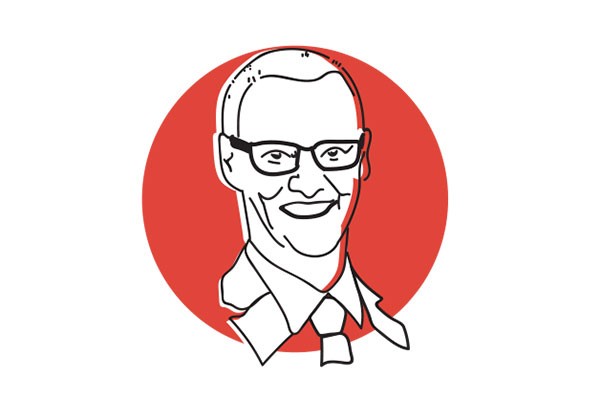The growing gap between rich and poor is seen most starkly in the growing number of homeless people in towns around New Zealand. Not long ago, the homeless in Dunedin were known by name to students, and a few were well known for providing company on a walk home from town after a big night out. In recent years, their number has grown dramatically.
Long term homelessness is not a certainty for those who fall on hard times. The Dunedin Night Shelter provides emergency accommodation for those who find themselves out in the cold at short notice. Sometimes this can be triggered by a domestic situation, a mental health episode, or release from prison, or it can simply be a bridge between two rental situations for those on tight budgets.
Last year the final thousands were raised for the Night Shelter’s $600,000 purchase of a permanent facility in Lees Street. This was the result of an extended effort by trustees and supporters. The final push was assisted by a group of committed students who decided to put their shoulder to the wheel.
When fundraising began in earnest in 2014, I spent a Sunday night under the Octagon Gazebo to raise awareness for the night shelter project with three others. Supporters worked increasingly hard and momentum gathered during the year. In 2015, there was no room under the gazebo because a sizeable University crew had joined the effort. That group alone raised $12,000.
This year, I didn’t sleep over, but I stayed long enough to realise this event is developing its own traditions and culture. Colleges, flats and university disciplines were represented amongst those fundraising to support local people making difficult transitions in their lives.
The Dunedin Night Shelter provides up to three nights’ accommodation, no more. It fills an important need. Unfortunately demand for their services is growing. The wider issue of homelessness resembles a constant, sad and (for now) inevitable march. As the cost of living rises and incomes do not, there is a social cost. Mental health issues and the inaccessibility of affordable medical care often play a part too.
Research tells us that tackling inequalities leads to better societal outcomes. Reaching out locally to help others in immediate need is important too. Thank you to all of the students who took part in the 2016 sleep-out. Your support will make a meaningful difference to everyone in our community who needs its services.







